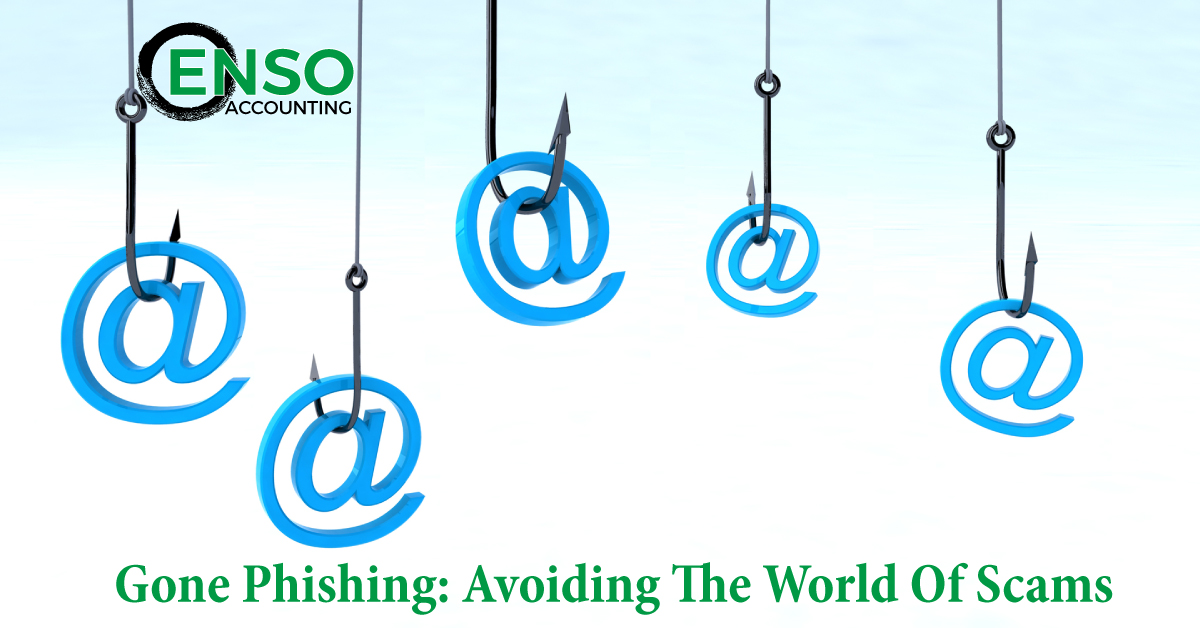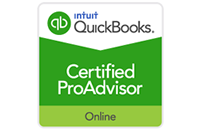Tricksters, scammers, and con artists have existed since the dawn of time. For every person doing an honest day’s work, it seems like there are ten trying to swindle you out of your hard-earned cash. But in the age of the Internet, the tactics and prevalence of these schemes have become a bigger problem than ever before – and if you’re not careful, you can find yourself flapping like a fish out of water after getting struck by a scammer.
So how do you avoid the danger of scams, regardless of whether they’re targeted at your business or your personal bank account? Today, we’ll go over a few ways that you can avoid the dangers of scams, keeping your information (and your money) safe from prying fingers and eyes.
Identifying Different Scams
The number of scams out there is incredible. In fact, some of the schemes are pretty clever – and you could almost admire the mastermind behind them, if they weren’t tricking other people out of their livelihood. Among the sea of scams, a few particular types stand out and while the details may vary, the tricks are the same. They include:
- Phishing Scams. A phishing scam is one in which the scammer tricks you into revealing personal or sensitive information that can be used to their advantage, usually to steal your identity. Some of these scams involve innocuous or legitimate looking emails that contain malware or viruses; others may be couched in requests or even threats from seemingly trustworthy entities.
- Hacking & Data Breaches. We’ve all heard about data breaches at big companies and institutions – from hospitals and universities, to big companies like Sony and HBO. Well, being a small business doesn’t necessarily mean that you’re protected by your size alone. Your client information and financial records are valuable, and having a false sense of security can jeopardize the security of that data.
- Prizes, Lotteries, and Advance Fees. If you have an email address, you’ve probably received messages telling you that you’ve won contests that you never entered or have inheritances from relatives you’ve never heard of. And almost everyone has heard from a Nigerian prince or princess at some point, requesting assistance in transferring large sums of money in exchange for substantial compensation. These scams are particularly widespread and although the details vary, the motive is the same – capturing access to your financial information or even grabbing directly at your wallet.
Keeping Out Of Danger
Despite all the different types of scams out there in the world today, there are a few ways that you can limit the success of these tricky schemes. Keeping yourself safe involves a combination of common sense and know-how, but the biggest game changer is just awareness. Some great steps to keep the scammers at bay include:
- First and foremost, federal agencies like the IRS will never initiate contact with you via telephone or e-mail. Any e-mails that appear to be from a government entity are most likely fake and should be disregarded.
- Banks, credit unions, and other financial institutions will never ask for your password, login credentials, or other sensitive information via email or over the phone.
- If someone you don’t know asks you to wire them money, send them a money order, or sends you a check and requests that you return a portion of it in cash, etc., chances are good that it’s a scam. Never send a money order or wire money to someone that you don’t know personally. If you have a client or customer that requests that you send them money, use a protected service like PayPal that can offer you some recourse in the event of a scam.
- If you receive an email, text message, or phone call from an institution that you do business with, make sure that you recognize the phone number, email address, or website that they refer you to before you use it. For example, if you receive a suspicious looking email from a bank you do business with, call the main customer service number on your debit or credit card to follow up on the issue.




